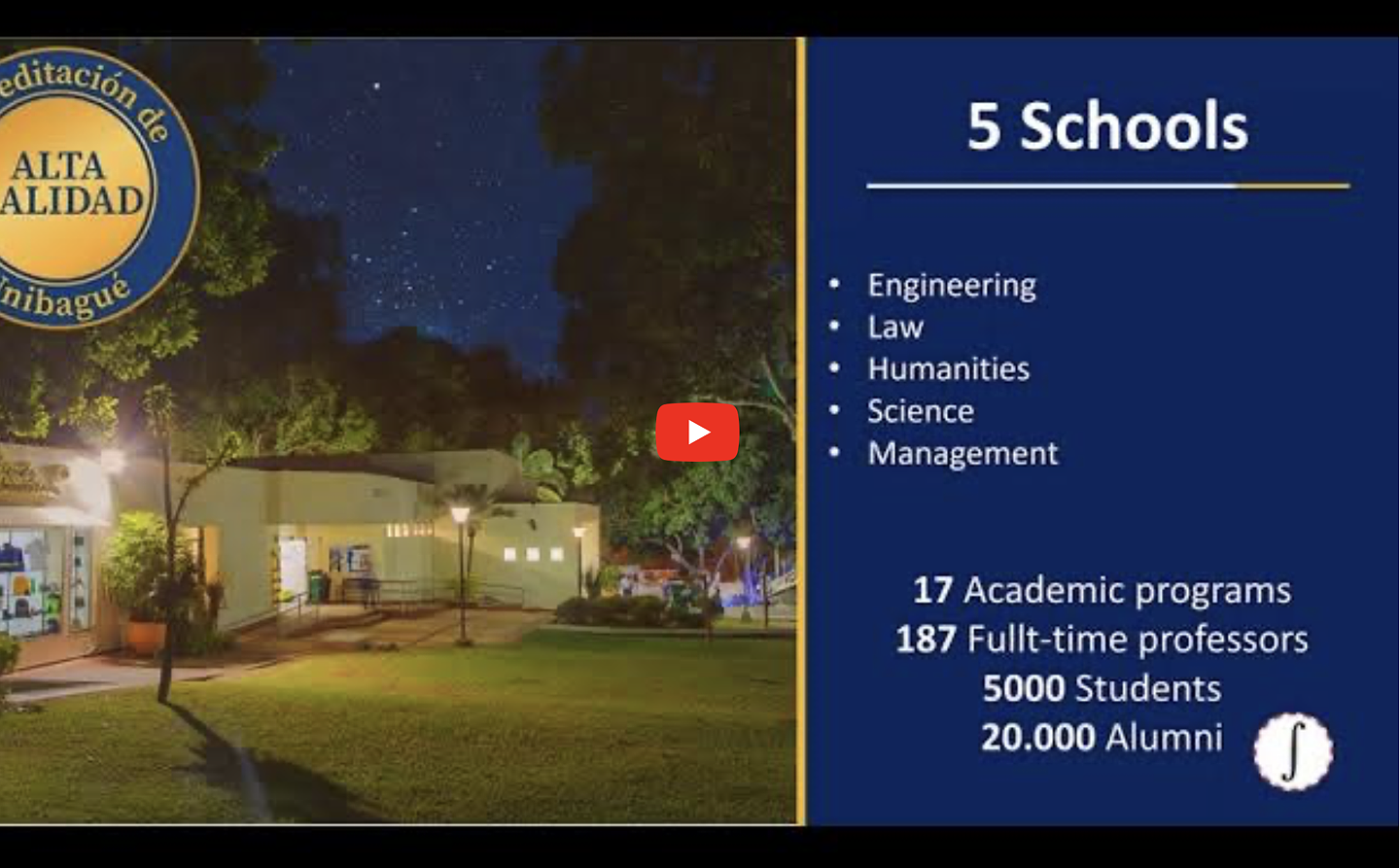
Fragmentation is one of the main characteristics of modernity. Divide and conquer, tends to be the main heuristic to tackle complex problems. It has been a quite successful strategy to develop science and foster technology. However, at the same time it is the source of many unintended and undesirable consequences of human development: from global warming to social inequality. In a highly interconnected world, fragmented thinking is a recipe for disaster because problems arise as unsolvable dilemmas.
The current management of COVID-19 pandemic is a dramatic example. It is widely accepted that complex problems cannot be fully understood from a specific discipline, we say that we need an interdisciplinary way of thinking to tackle them. I think, we need to go even further and approach them from a transdisciplinary perspective. This talk explores the role of universities to promote a trans-disciplinary thinking and acting. To achieve this, their main primary activities of teaching, researching and extension should be redesigned.
Speaker Bio
Alfonso Reyes is a physicist and a system engineer from Los Andes University. He has a MSc in Computer Science (University of Maryland), a PhD in Management Cybernetics (University of Humberside, UK) and postdoctoral studies in Organizational Learning (University of Lincoln, UK). He has worked for the last thirty years in addressing organizational problems in the public sector, especially in the administration of justice from a cyber-systemic stance.
He has been an international consultant for the Interamerican Development Bank and the Agency for International Development (USA) in applying management cybernetics to the public sector. He has published several papers on individual and organizational learning and self-organization from the point of view of second-order cybernetics. He was the past president of the Universidad de Ibagué in Colombia (2009-2016) and a Dean of the Engineering School at Universidad de los Andes in Bogotá (2016-2020).
He has been again appointed as president of Universidad de Ibagué starting on October 2020.
